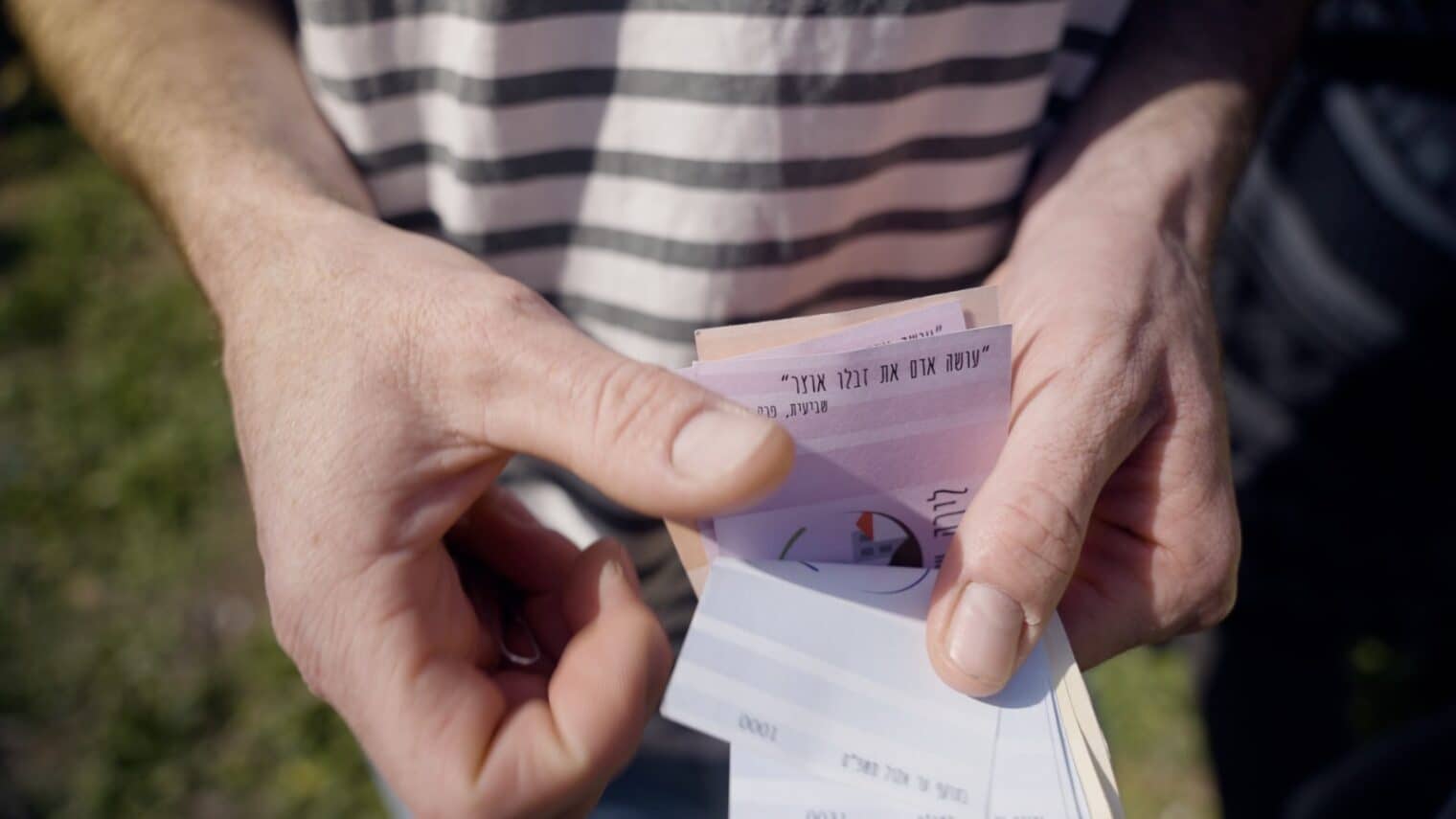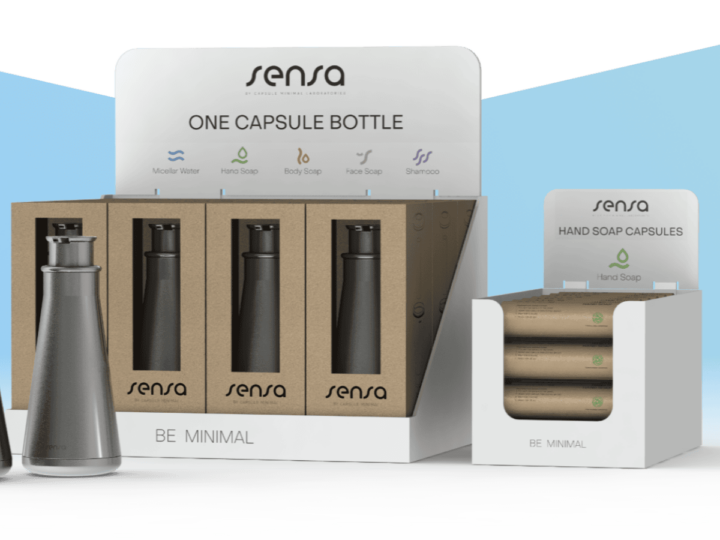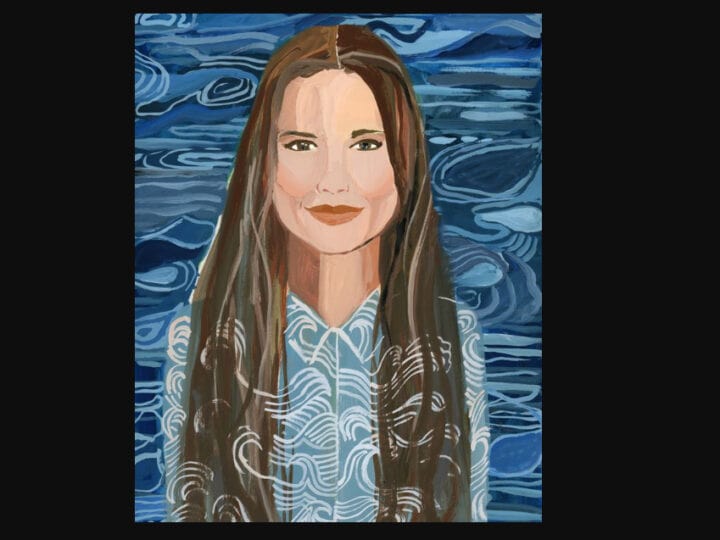Should you feel like grabbing a drink at the local café or stocking up on some organic vegetables at the market in the Tel Aviv neighborhood of Shapira, you won’t need to dig around your pockets for small change. Instead, you could pay with the neighborhood’s very own green local currency.
Called Lira Shapira, the currency derives its name from the name of the old Israeli currency (the present-day NIS is not called New Israeli Shekel for nothing) and the name of the neighborhood, which is located in the south of Tel Aviv and has become somewhat of a hipster stronghold.
The idea for the currency was first floated about four years ago by residents with an interest in sustainability and community.
“We realized that the activities that had to do with the environment and sustainability only scratched the surface, and there weren’t any deeper processes going on,” Perry Samnon, one of the founders of Lira Shapira, tells ISRAEL21c.
“Since our cultural world is so intertwined with the economic world, we tried to find the connection with economics – we wanted the economy to nourish the green activity. That’s why we decided to develop a local currency that is issued based on the separation of organic waste and composting,” he says.
“The project promotes two main things. First of all, the reduction of waste and the recycling of organic waste. And secondly, a local economy. Instead of neighbors buying from big corporations and money leaving the neighborhood, we want to see how we can keep the money inside the neighborhood and local business.”
Small but significant
Around a year and a half ago, Lira Shapira turned into an NGO operated by local residents from the fields of education and environmental activism, as well as local businesspeople. The group issues around 3,000 liras a month and has some 200 users.
“It’s small and cute but also significant,” Samnon notes.
“We have 12 compost stands throughout the neighborhood, and on each stand there are scales. Anyone who’s interested can separate their organic waste at home, weigh it in the composter and then report it via our online report card. At the end of each month, they get the liras, with each kilo of waste translated into one lira.”
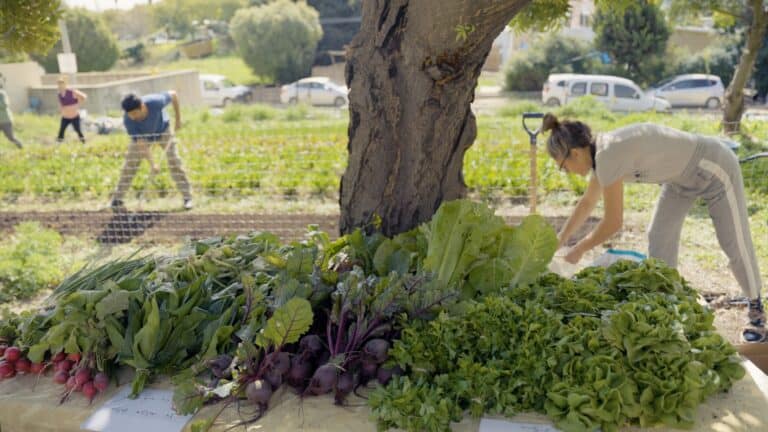
The currency, Samnon adds, is accepted at the local market that’s run by the group once every two weeks. Patrons can purchase vegetables from the community garden or homemade crafts.
“In the last market, people sold bread, ceramics, spreads, homemade soaps and stuffed vine leaves,” he says. “It’s really nice because the vegetables grown on the farm are grown on the compost that people deposit, so it closes the ecological and economic circle.”
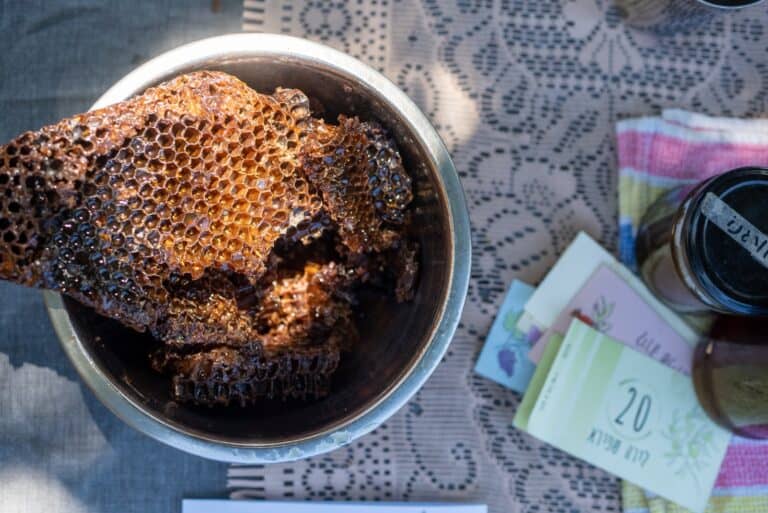
Garbage has value
As well as the market, the lira is accepted in the local coffee shop, two plant nurseries and a greengrocer’s. There, the liras aren’t worth a shekel each like they are at the market. Instead, they entitle customers to discounts.
“When you use a local currency, it can give small businesses a boost, because it gives them local clients and energy. It’s a really important balancing tool in my opinion,” Samnon says.
“I don’t know of any other places in Israel with local currencies, but there are plenty around the world, for example in Europe and the United States. It’s a tool that can be really useful in balancing relations with the large corporations.”
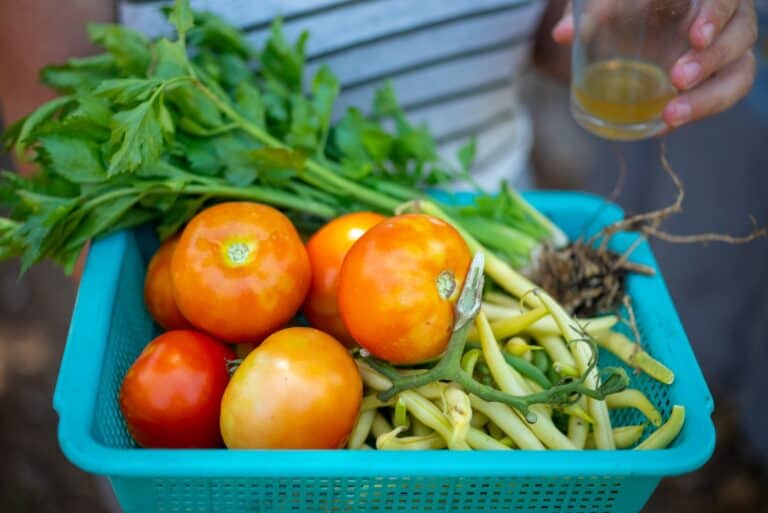
Feedback to the initiative, he notes, has been overwhelmingly positive.
“People are really excited about it, and we’re working in cooperation with the municipality; the city authorities really love it. A lot of the people participating are hipsters, young couples with small children and quite a few elderly people who really connect with the idea that garbage has value.”
The initiative has yet to take off among two substantial communities in the neighborhood – its original religious Jewish residents and a cluster of foreign workers – but Samnon hopes that they too will come to take part in it.
Volunteer based
The initiative, he notes, has not been without its challenges.
“The thing with currency is that it’s very complicated, and you need to see how you can give it value and how you can create confidence within the community and businesses,” Samnon says.
“Another challenge has been when significant activists left or switched, shaking up stability. We are largely based on volunteers, and that also can cause a lack of stability.”
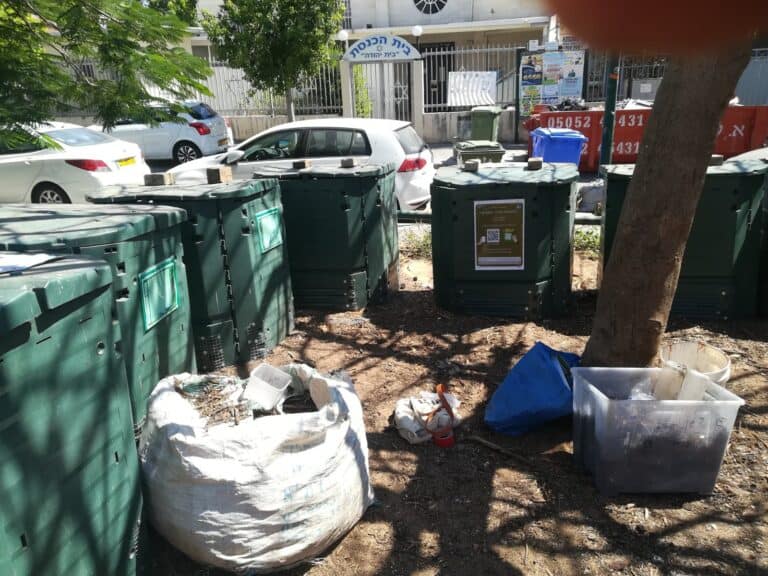
Looking forward, Lira Shapira plans on launching a digital coin purse and try out digital local currency in the neighborhood so that it can later reach out to other communities and help them establish their own currencies.
The group is also looking to partner with businesses such as restaurants and cafes to collect their organic waste.
“While we’ve reached three tons of organic waste, we’d like to see how we can increase our impact,” Samnon says.
“Greengrocers, cafes, restaurants – they all throw out so much organic waste, and if we can cooperate with them, we’d be able to reduce so much pollution and turn it into something positive in the form of compost.”
Samnon also hopes to develop Lira Shapira educational services for schools, to help students become partners in the local economy.
For more information, click here.




